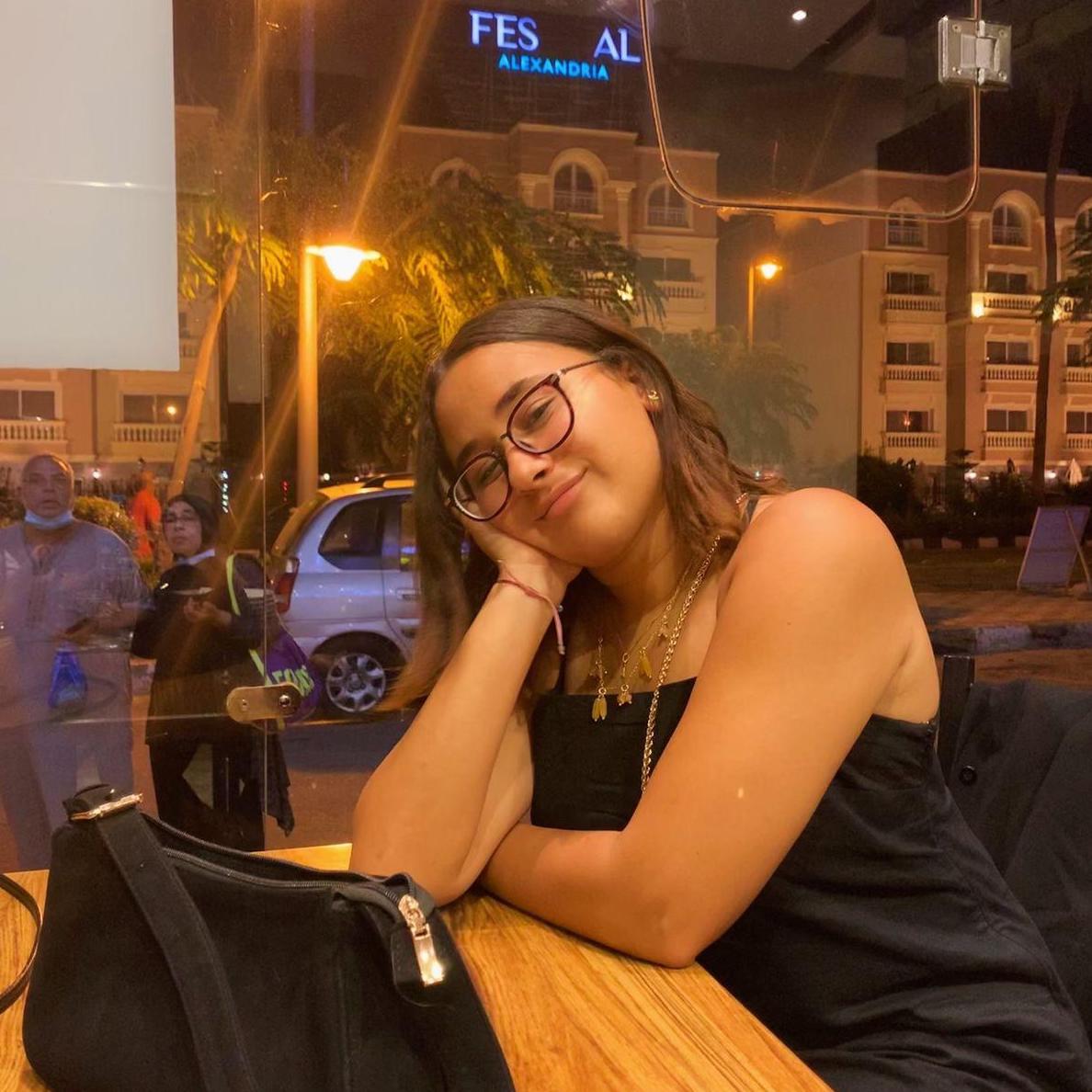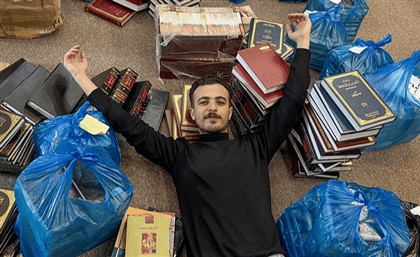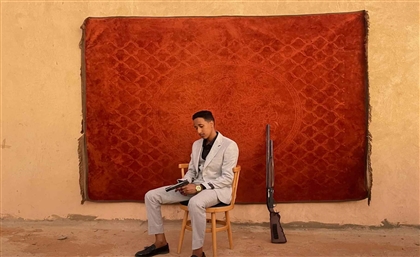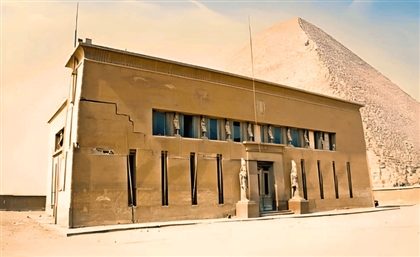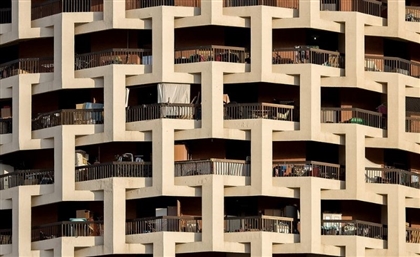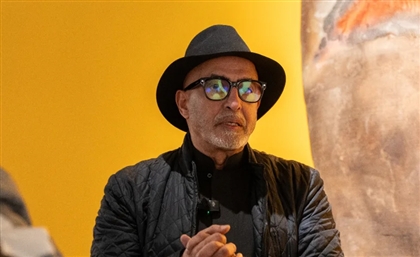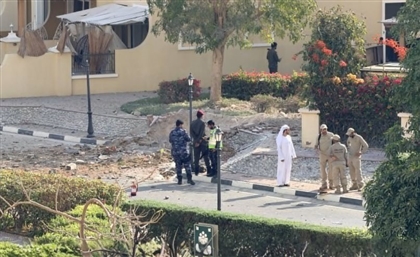Adam Rouhana on Constructing a Liberated Palestine Through Photography
In this interview, Rouhana shares his views on how pictures can serve as the precursor to the liberation of Palestine.
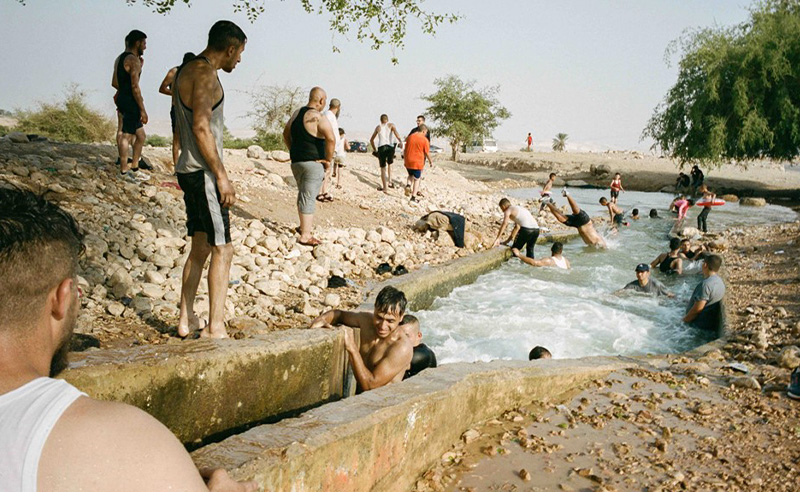
“We navigate the truth through images that delineate the boundaries of our collective consciousness.”
Amid an onslaught of images depicting the suffering of people in Palestine, both after the escalated genocide in Gaza following October 7th, 2023, and before, Palestinian-American photographer Adam Rouhana’s images offer a truthful window into life in Palestine. Rouhana’s documentation shows Palestinians not unaffected by occupation, but persevering through it. To him, the documentation of joy, love and resistance despite pain is a responsibility.
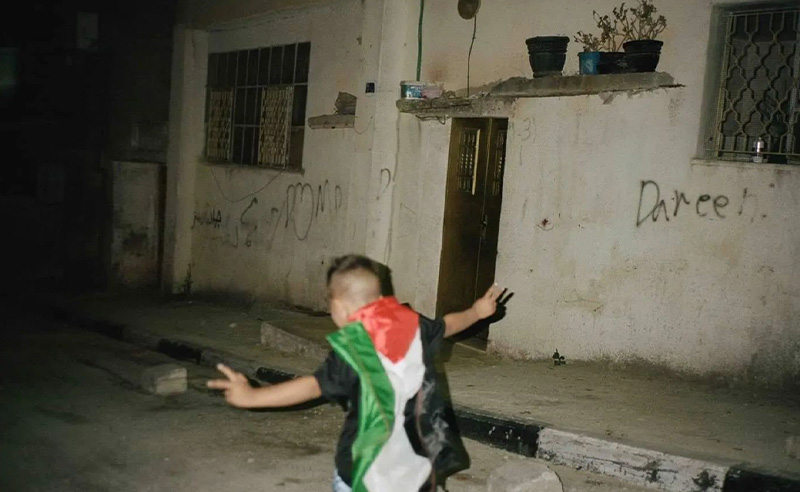 “Throughout the past century,” Rouhana says to Cairo Scene, “the Palestinian narrative has been written by foreign actors through orientalist eyes, primarily with the objective of colonizing our homeland.”
“Throughout the past century,” Rouhana says to Cairo Scene, “the Palestinian narrative has been written by foreign actors through orientalist eyes, primarily with the objective of colonizing our homeland.”
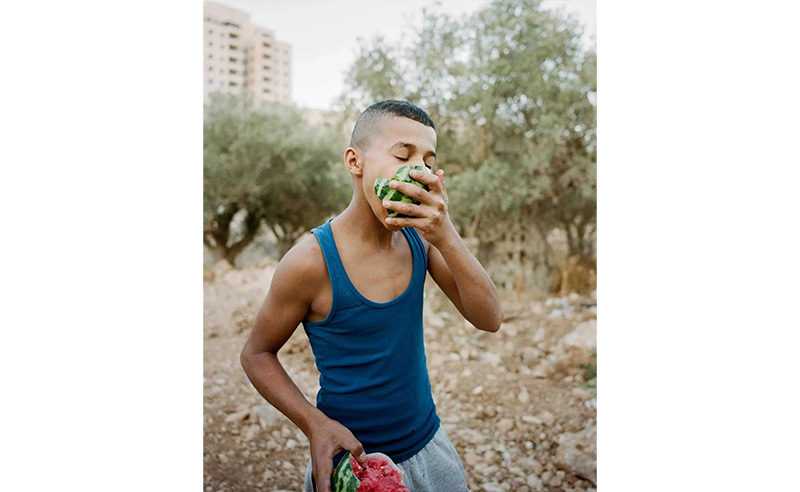
Rouhana’s documentation began when he found a camera in his hands at age 12, on a yearly visit to his family in Mount Carmel, Haifa. He has since then been documenting Palestinian life in its natural form, unimpressed by surrounding Western narratives that attempted to shift his lens into one that is entirely victim-focused. When the depiction of Palestine in media was suddenly overwhelmed with images of death and suffering, Rouhana’s work emphasised the persistence of Palestinian life.
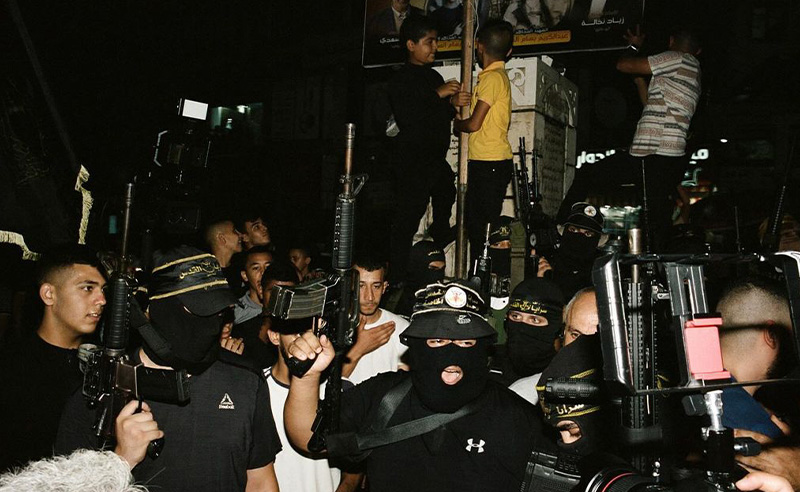
As Arabs, it is easier for us to understand and identify with the struggle of Palestinians - but when surrounded by media that is intent on painting the Palestinian as an eternal sufferer, Rouhana’s work serves as a reminder. “My work represents a philological reconstruction of images and politics that are reimagined through a redistribution of geopolitical, socio-cultural, and historical awareness into aesthetic form.”
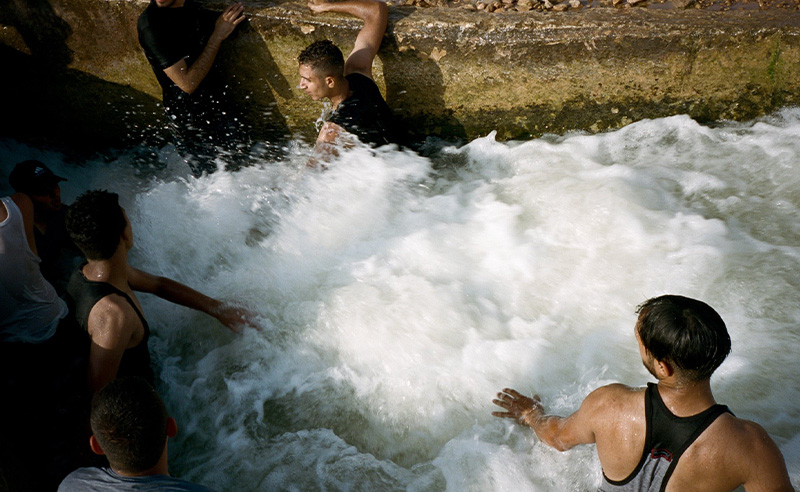
The responsibility in Rouhana’s work lies in bringing to our imagination a life in Palestine, a life which is built on the memories of the people who live there. His debut solo exhibitions, Before Freedom Parts Pt. 1 & Pt. 2 exhibited in London at Frieze Cork Street and TJ Boulting respectively, display an insistence that Palestinians have not and cannot be reduced to a heritage of suffering. Photographing, acknowledging and prioritising the simple normalcies of their lives is a form of resistance against the erasure of the Palestinian archive.
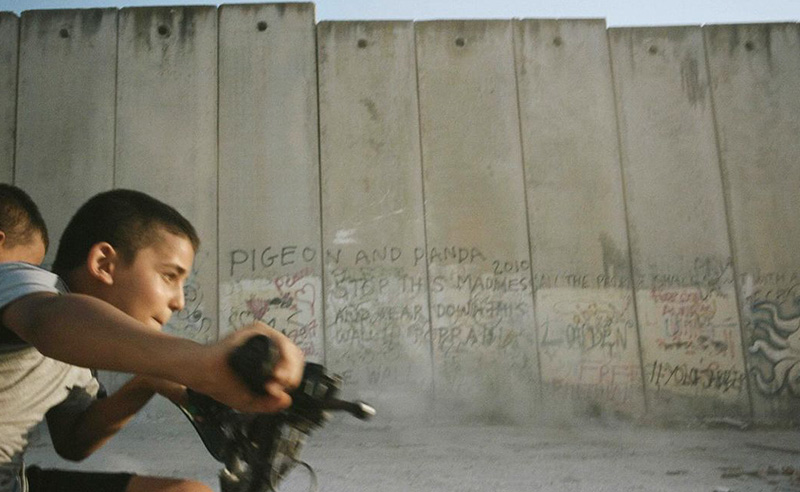
In an essay he wrote for the New York Times, Rouhana says, “In the news media, Palestinians were often portrayed as masked and violent or as disposable and lifeless: a faceless, miserable people. But that’s not what I see when I am there. Instead, what I photograph is unconditional communal love, a rootedness and sense of historical belonging in the land, and a daily generosity and collective spirit that I rarely experience in America.”
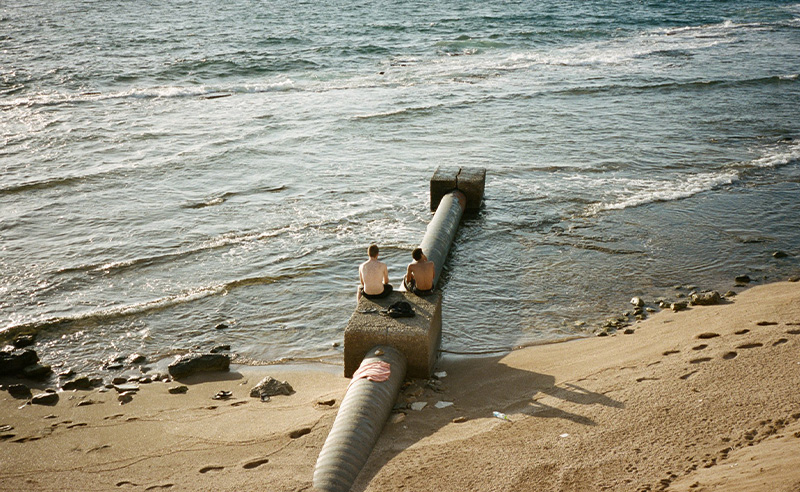
“Showing this work now is to to do what I can to reject Israel’s attempt to physically, politically, and socially negate the Palestinian historical process.”
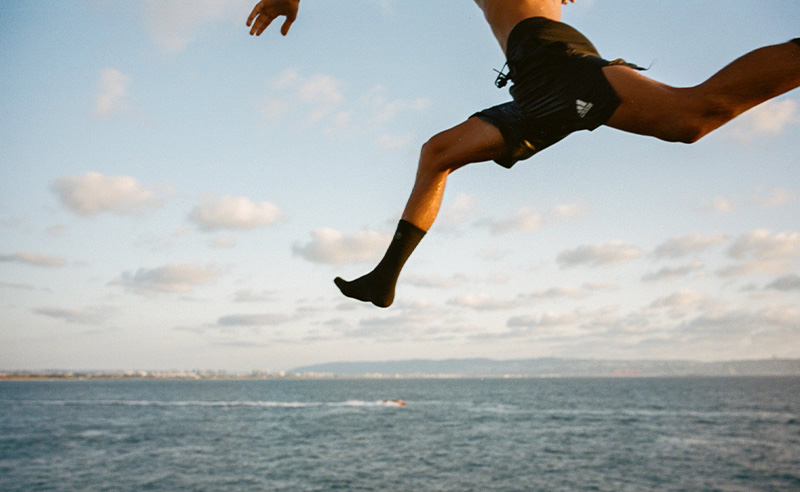
Rouhana observes that the very representation of Palestinian people in media paves the way for the Israeli occupation to further oppress Palestinians. Preconceptions form in the minds of people who see Palestine, and currently Gaza in specific, as a place where only war and tragedy are prevalent, and facilitate Israeli apartheid. It is viewed as this new norm for Palestinians. But Rouhana’s reminds us consistently that it is not.
The rectifying purpose Rouhana’s work plays necessitates its existence in a multicultural space, where anyone who sees pictures of a destroyed Gaza onscreen can see a normal Palestine. Arab communities might be better empathisers, but the Western viewer is at an orchestrated distance from the fact of Palestinian life.
“Photographs serve as landmarks of social thought—declarations of what we, as a society, deem is worth our attention,” expresses Rouhana, “These pictorial guide posts codify into moral, ideological, and intellectual norms that we use to structure our national narratives and authorize social representations of reality’s past, present, and future.”
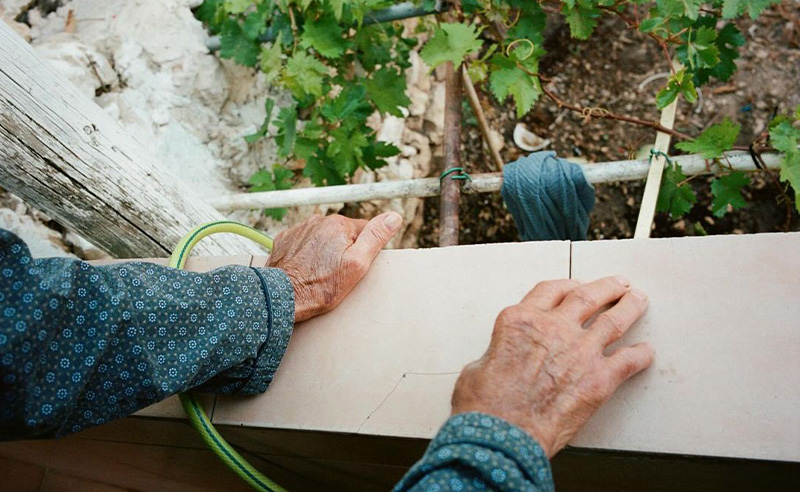
In this way, Rouhana’s work is a thread in the wider narrative of Palestinian life in its truest form, with its loves, its pains and its regularities – a narrative he plays his role in alongside other artists, musicians and writers. “I hope my work can contribute, in some way, to, what Jacque Rancierre describes as dissensus - a loosening of the boundaries of the traditional categories that outline the cognitive formations around Palestine.”
“According to Guinea-Bissauen philosopher Amílcar Cabral, national liberation struggles are often preceded by a proliferation of cultural expression, progressively consolidated into the affirmation of the cultural personality of the dominated people.”
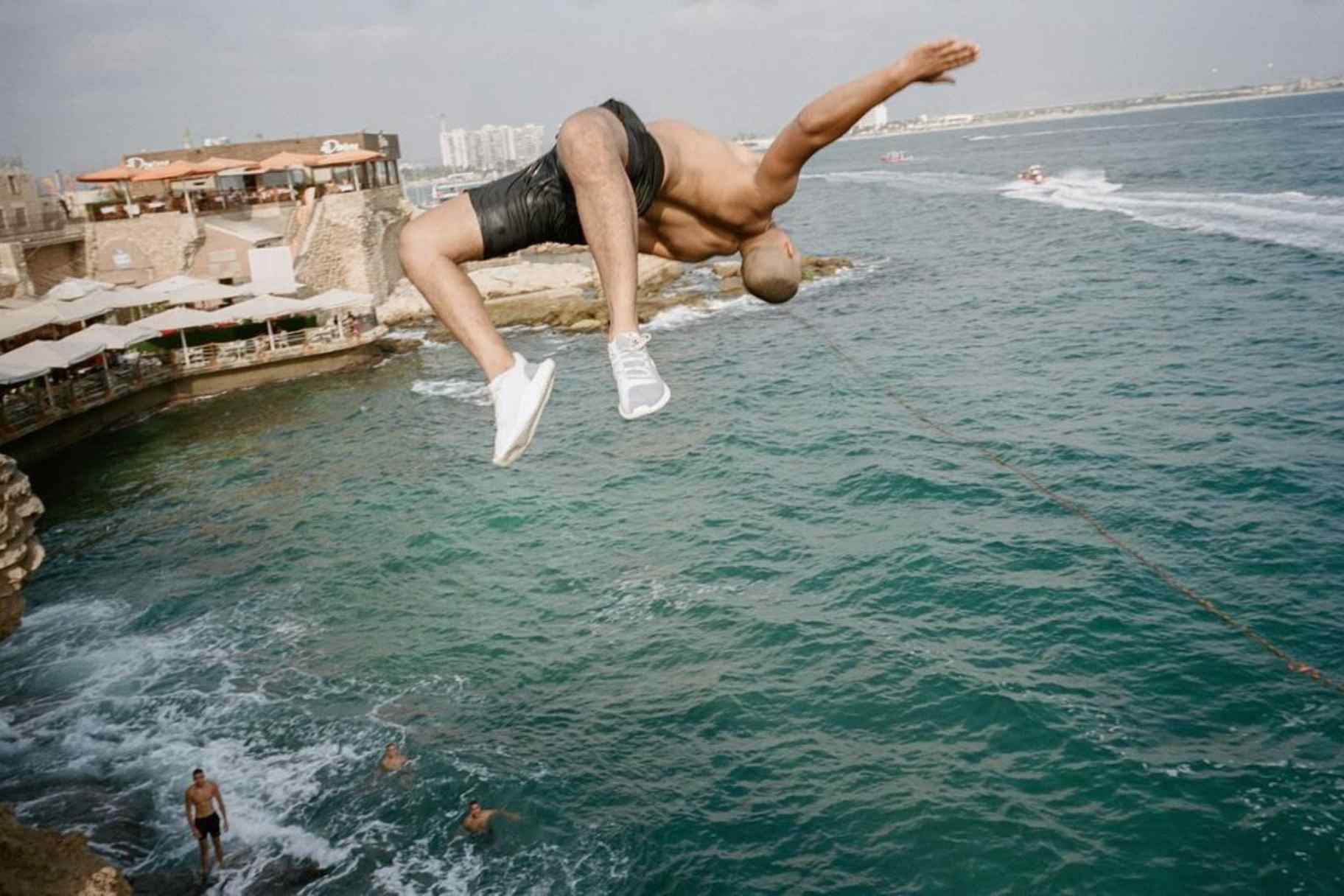
This reconfiguration of the cultural narrative through photo aids the resistance; it is in and of itself a vote towards Palestine’s liberation – hence the title ‘Before Freedom’. “Despite the conditions of Palestinian political and social structures, it is within the culture that we find the ideas that lead to the framing and development of the liberation movement.”
- Previous Article Italian-Palestinian Duo No Input Debuts Eponymous Electro EP
- Next Article A Century of Hospitality: Discover Egypt's Historical Hotels







